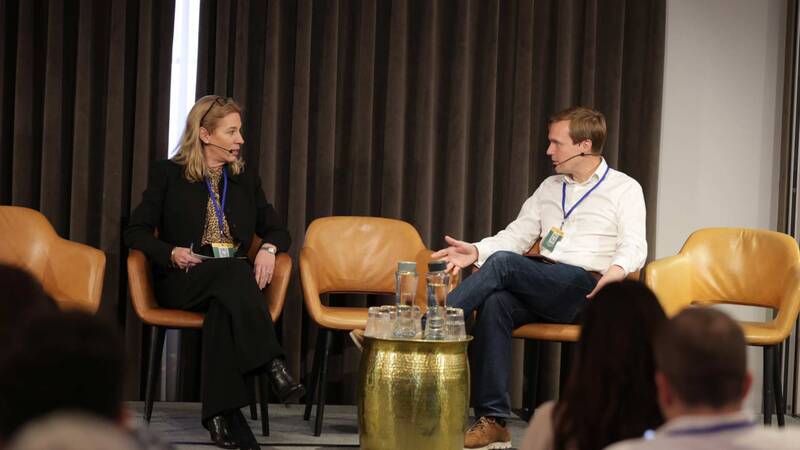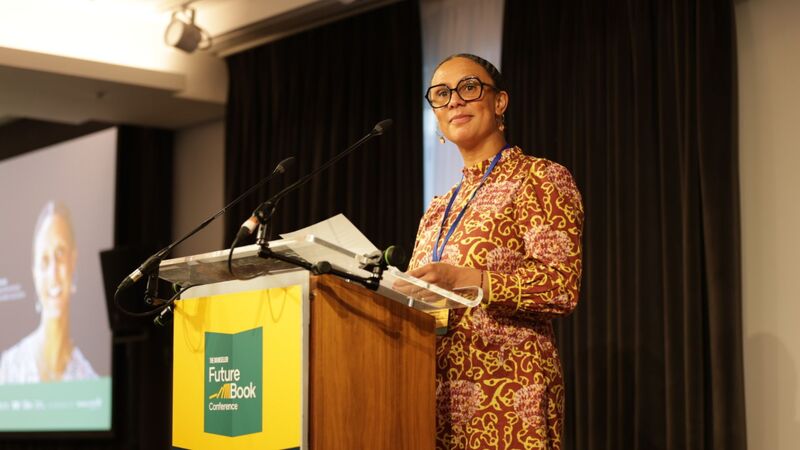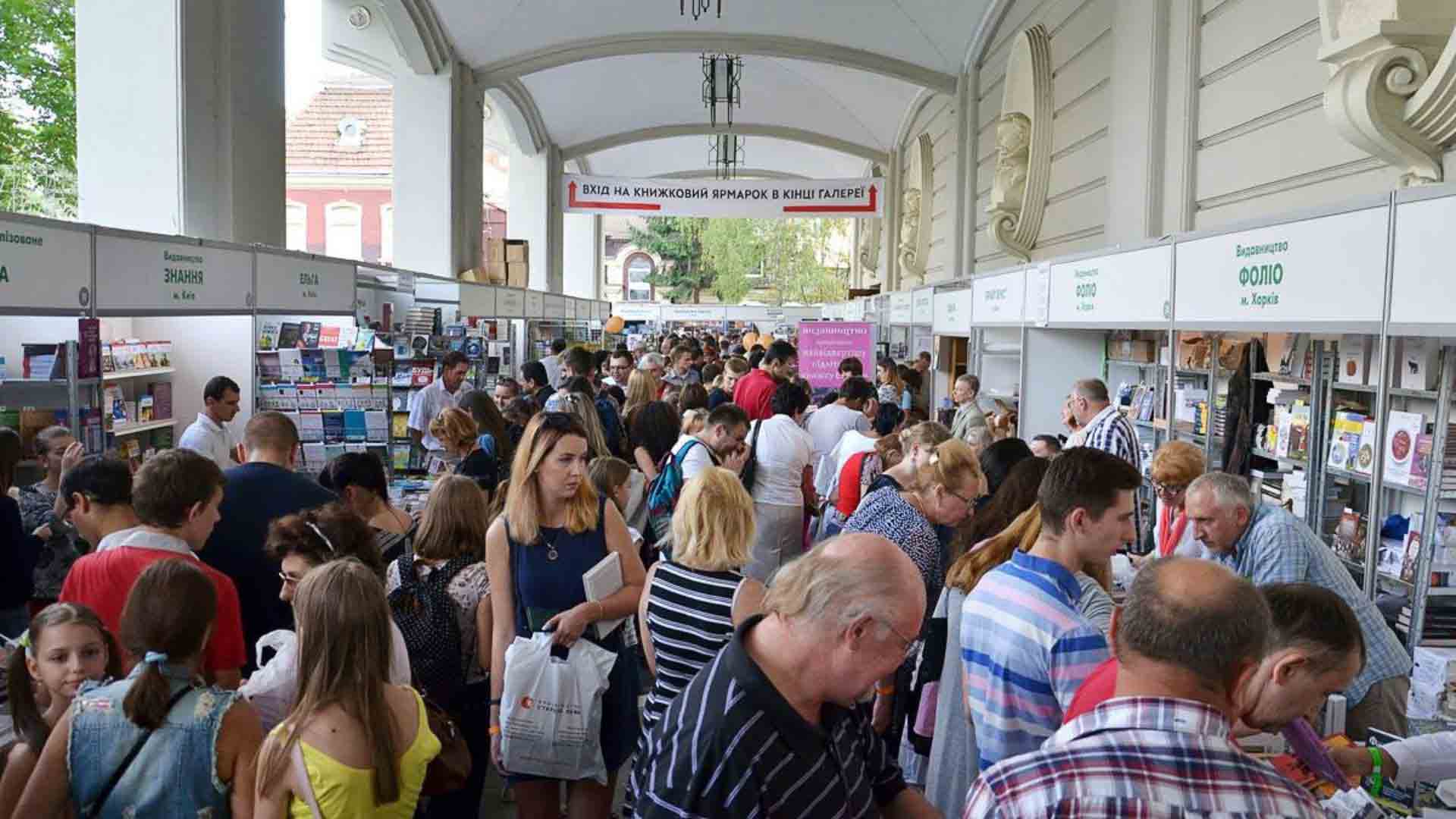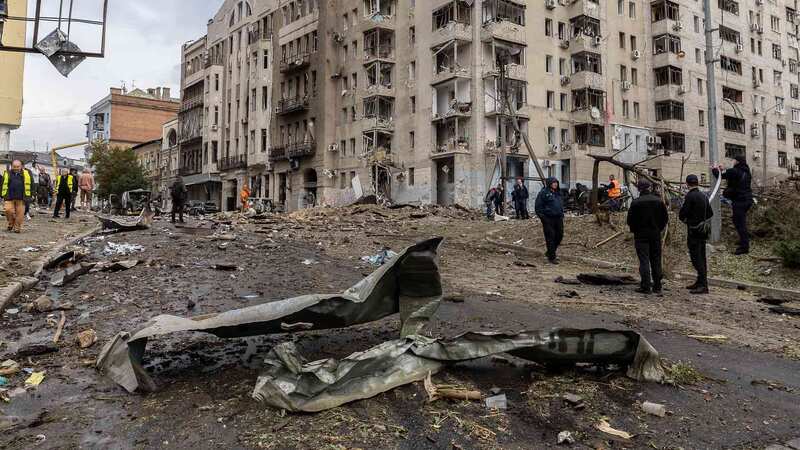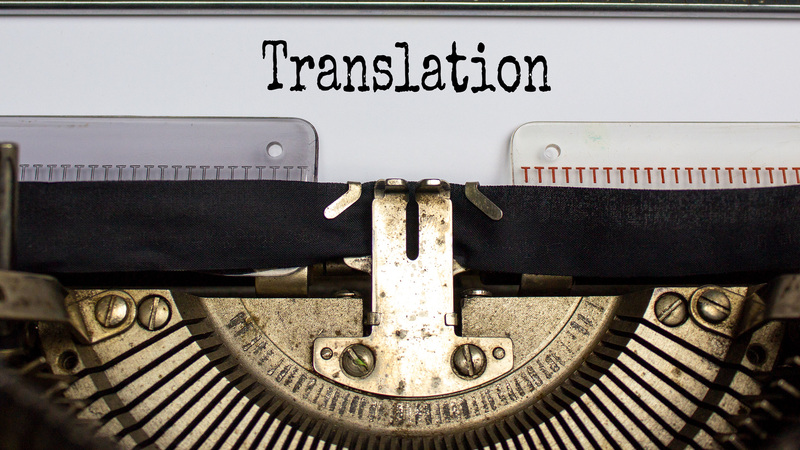You are viewing your 1 free article this month. Login to read more articles.
Treading carefully

The book business is an international one. Over the next few weeks the Bologna Children’s Book Fair and the London Book Fair will help remind us why, even as Covid-19 and the Putin-led Russian invasion of Ukraine push us in the other direction.
For both Bologna and London it is now three years since they last ran physical events, and no doubt their executives will wonder how secure their space in the diary of international events really is, after such a prolonged absence. They will note that rights trading and international business have continued, almost uninterrupted, while fears over book sales—because of a change in the types of books now being published as a result of the lack of face-to-face deal-making—have all but been allayed. They may even have heard how the flattening of these peak rights trading seasons has enabled agents and editors the time and space to make the kinds of decisions they did not make before.
No doubt, the world has changed since 2019. There is a more obvious cost to international travel and a wariness has crept into conversations around the trade fairs that may take some time to get over. But, as Welbeck’s children’s group publisher Jane Harris says (pp06, Bologna Preview), for all of the socialising and unexpected encounters that mark out such events, it is really about getting hands on with the product—if not the people—where these shows add their most value.
The international book communities have long pursued a policy of engagement, even in areas where the incumbent governments are unpalatable or worse
The Russian invasion of Ukraine brings with it an immediate and troubling additional context, with the likely absence of many Ukrainian and all Russian publishers the sobering manifestation of the conflict taking place 1,000 miles to the east. As we noted last week, the international book community has responded with a unified voice over this, with companies such as Curtis Brown and Pan Macmillan this week joining others in pausing their Russian business, and many authors asking for their contracts with Russian publishers to be cancelled. “The question regarding publishing’s fate is not on the agenda at the moment,” wrote Kateryna Nosko of Ukrainian house ist Publishing on The Bookseller’s website this week. All publishing activity has ceased. Publishing teams, she added, are now engaged in refugee support rather than making books. “Force majeure circumstances from agreements came in to action—you know, those clauses that no-one ever pays attention to.”
The international book communities have long pursued a policy of engagement, even in areas where the incumbent governments are unpalatable or worse. But these past few days, for reasons all too obvious, the mood has changed, and I expect it will be part of a larger shift. Just this week, more than 80 writers have published an open letter contesting the awarding of the 2023 World Science Fiction Convention to Chengdu, in China, in protest over that country’s treatment of the Uyghurs.
If Putin’s invasion was part of a warning shot to the west, it may also serve as an awakening. Our footprint in the world is important, but where we tread and what we leave behind matter too.













